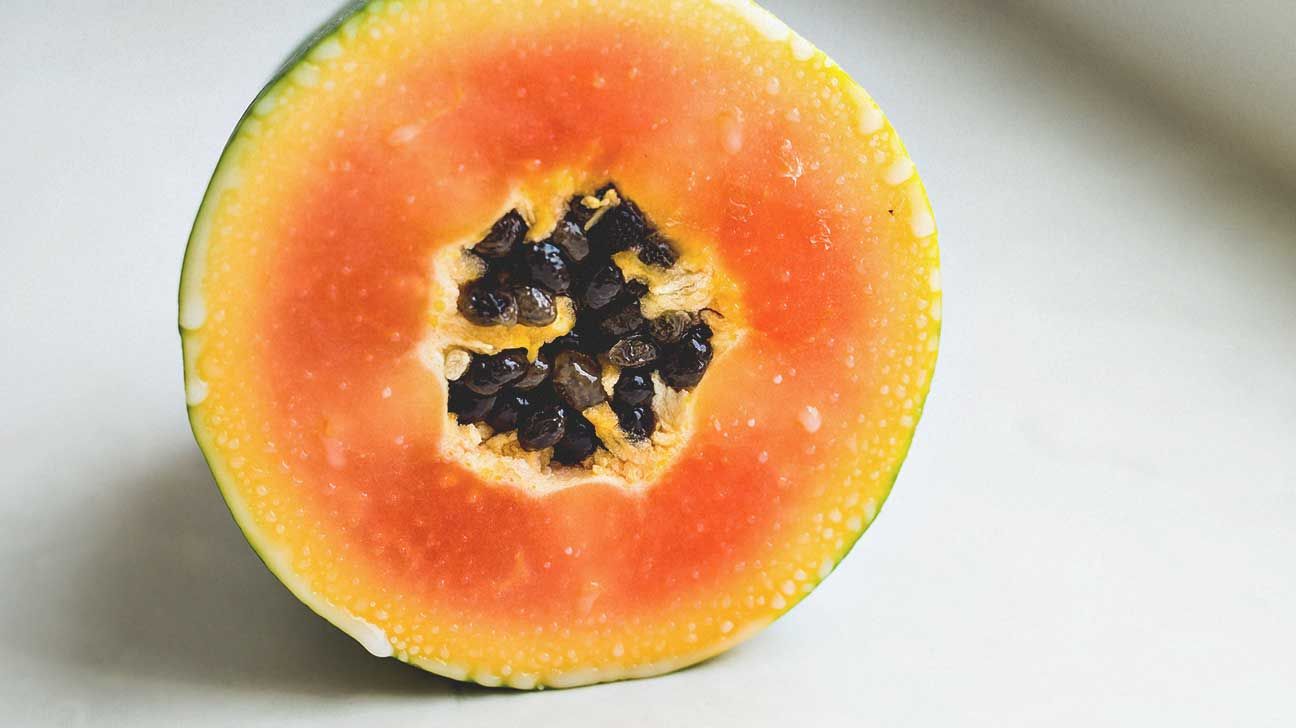Papaya, a tropical fruit known for its vibrant color and sweet taste, is not only delicious but also packed with nutrients and health benefits. In this comprehensive guide, we delve into the evidence-based health benefits of papaya, exploring its nutritional profile, potential medicinal properties, and ways to incorporate it into a healthy diet.
Nutritional Profile of Papaya
Papaya is rich in vitamins, minerals, and antioxidants, making it a nutrient-dense fruit. It is an excellent source of vitamin C, vitamin A, folate, potassium, and dietary fiber. Additionally, papaya contains enzymes such as papain and chymopapain, which aid in digestion.
Digestive Health
The enzymes papain and chymopapain found in papaya have been shown to support digestive health by breaking down proteins and aiding in the digestion of food. Consuming papaya may help alleviate symptoms of indigestion, bloating, and constipation.
Immune Boosting Properties
Papaya is a powerhouse of vitamin C, an essential nutrient known for its immune-boosting properties. Regular consumption of papaya may help strengthen the immune system, reduce the risk of infections, and promote overall health and well-being.
Anti-inflammatory Effects
The antioxidants and phytochemicals present in papaya have anti-inflammatory properties, which may help reduce inflammation in the body. Chronic inflammation is linked to various health conditions, including heart disease, diabetes, and arthritis.
Skin Health Benefits
Papaya contains vitamin A, vitamin C, and antioxidants like beta-carotene, which are beneficial for skin health. These nutrients help promote collagen production, improve skin elasticity, and protect against sun damage and premature aging.
Heart Health
The potassium and fiber content of papaya may contribute to heart health by helping regulate blood pressure and cholesterol levels. Including papaya in a heart-healthy diet may reduce the risk of cardiovascular diseases such as heart attacks and strokes.
Weight Management
Papaya is low in calories and rich in dietary fiber, making it a satisfying and nutritious snack for those looking to manage their weight. The fiber content of papaya helps promote feelings of fullness and satiety, potentially reducing overall calorie intake.
Eye Health Benefits
The beta-carotene, vitamin A, and lutein present in papaya are essential nutrients for eye health. These compounds help protect against age-related macular degeneration, cataracts, and other vision-related problems.
Frequently Asked Questions (FAQs)
Can papaya be consumed by individuals with digestive issues?
Yes, papaya is generally well-tolerated and may even aid digestion due to its enzyme content. However, individuals with specific digestive conditions should consult their healthcare provider before consuming papaya.
How can I incorporate papaya into my diet?
Papaya can be enjoyed fresh as a snack, added to fruit salads, smoothies, or salsa, or used in savory dishes like salads or grilled with meats. It can also be blended into juices or used to make desserts like papaya sorbet.
Is papaya safe to consume during pregnancy?
Yes, papaya is safe to consume during pregnancy in moderate amounts. However, pregnant women should avoid consuming unripe or semi-ripe papaya, as it contains high levels of latex, which may stimulate contractions.
Can papaya help improve skin conditions like acne or eczema?
While papaya contains nutrients beneficial for skin health, such as vitamin A and vitamin C, its direct effects on skin conditions like acne or eczema are not well-studied. It may be beneficial when included as part of a balanced diet and skincare routine.
Are there any potential side effects of consuming papaya?
In some individuals, consuming large amounts of papaya may cause digestive discomfort, such as diarrhea or abdominal cramping. Additionally, individuals with latex allergies may experience cross-reactivity to papaya.
How do I select ripe papaya at the grocery store?
Ripe papayas should have a yellow-orange skin color and yield slightly to gentle pressure when pressed. Avoid papayas that are overly soft, bruised, or have blemishes.
What is the best way to store papaya to maintain its freshness?
Store uncut papayas at room temperature until ripe, then refrigerate them in a plastic bag to extend their shelf life. Cut papaya should be stored in an airtight container in the refrigerator and consumed within a few days.
Can papaya seeds be consumed?
Yes, papaya seeds are edible and can be consumed in small amounts. They have a peppery flavor and are often used as a seasoning or added to smoothies for their potential health benefits.
In conclusion
papaya is a delicious and nutritious fruit that offers a wide range of health benefits, from supporting digestion and immune function to promoting heart and skin health. Including papaya in your diet can be a tasty way to boost your overall health and well-being.
- What To Do After Having Lip Filler - May 23, 2025
- What Are The Best Times To Take CBD Gummy Edibles - May 22, 2025
- How To Achieve A Youthful Look By Correcting A Downturned Smile - May 21, 2025



